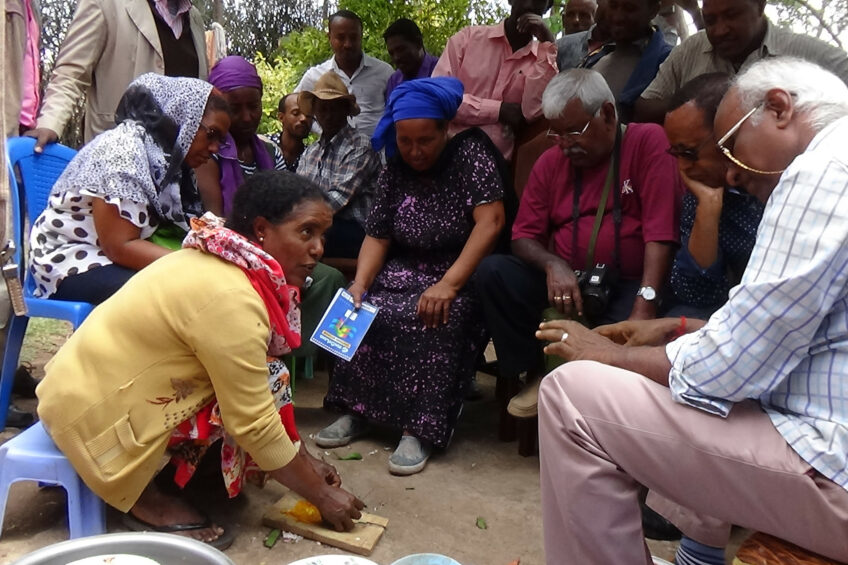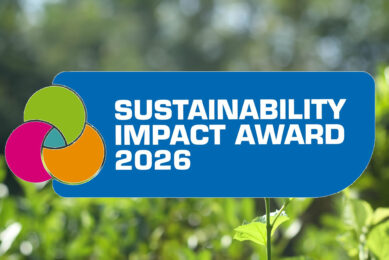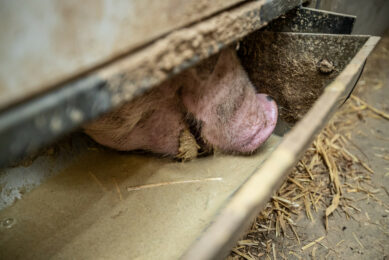Alternative approaches to minimising antibiotic use in dairy

Using chemicals, including antimicrobials, is one of the major challenges of global environmental sustainability and wellbeing. The common policies towards livestock intensification pose a threat of increased global risk of resistance against antimicrobials (AMR). In fact, high livestock disease and mortality rates force farmers to seek relief through antimicrobials and other chemicals, such as insecticides for tick control. In dairy farming, udder infection (mastitis) is one of the main causes of antimicrobials (over)use and AMR.
SUSTAINABILITY & WELFARE SPECIAL 2024 – read all articles
The consequences of antibiotics’ and insecticide misuse are various: first, their uncontrolled use leads to serious environmental effects, affecting biodiversity and soil life. Second, resistant microbes, ticks and other parasites that attack livestock makes them more vulnerable, affecting animal wellbeing; third, especially in low and middle-income countries milk products contain residues of antibiotics and chemicals, with negative consequences for the human health and wellbeing; and fourth the costs and growing in-effectiveness of antibiotics significantly impact farmers’ income and production, already affected by the increased level of cattle diseases.
To answer to these complex challenges, Natural Livestock Farming Foundation (NLF) promotes natural dairy farming within the process of agro-ecological modernisation, to produce premium milk with minimum use of antibiotics and other chemicals. NLF is based on strategic international collaboration about farm agro-ecological practices in India, the Netherlands, Ethiopia, Uganda and Kenya, countries which together cover over 25% of the global milk production. This is done by documenting, piloting and validating ‘old’ practices, such as the validated use of herbs, as part of an integrated livestock health approach.
Improved livestock health and farm income
Since 2015 Natural Livestock Farming Foundation promotes the implementation of NLF integrated 5-layer strategy (animal management, good breeding practices, use of herbs, quality control of milk, and farm income) to address critical cattle health challenges. The focus is on livestock health and disease prevention, rather than cure. The work implies training of – and direct partnerships with – farmers and veterinarians, with whom the new approach to the identified common cattle health challenges, like mastitis, FMD and other infectious diseases are piloted and shared. In this way practical answers to common cattle health challenges and excessive use of antibiotics are provided and validated.
For this, NLF closely collaborates with international partners, including the University of Trans-Disciplinary Health Science and Technology (TDU) in Bangalore, India. Over the last 20 years TDU has effectively documented, validated and promoted validated information on the use of herbs for livestock health. Ethno-veterinary Practices (EVP) along with farmers, veterinarians, dairy cooperatives and National Dairy Development Board, providing a viable alternative to the use of antimicrobials in dairy farming.
Successful pilots within India have resulted in large scale adoption by farmers, as well as by national government and dairy enterprise through National Dairy Development Board, and in veterinary education. Astonishing results with smallholder dairy farmers in India and Ethiopia include over 88% reduced antibiotic residues in milk, 50% increased milk production, 71% reduced cattle health care costs, as well as improved milk quality. Adoption of these practices is welcomed by farmers and dairy enterprise alike. But adequate knowledge is missing in the professional veterinary community, international research and education, as well as the livestock development projects.
NLF training on Ethno Veterinary Practices
Early 2025 the first Natural Livestock Farming Certificate training course on Ethno Veterinary Science and Practice will be organised at TDU, in Bangalore, India. The 3-week course is titled: Ethno Veterinary Practices & Documentation of local health traditions for improved livestock health and milk quality.
This training for livestock practitioners working with smallholder dairy farmers and pastoralists in low- and middle income countries will focus on three main elements:
- Hands-on training preparation and application of validated herbal remedies for main livestock diseases (based on prioritised diseases)
- Effective documentation and assessment of local knowledge on herbal resources
- Results of this strategy within India, as well as other countries with NLF activities (Netherlands, Ethiopia, Uganda, Kenya)
For more about information about Natural Livestock Farming and the training course, please contact katrien@naturallivestockfarming.com






